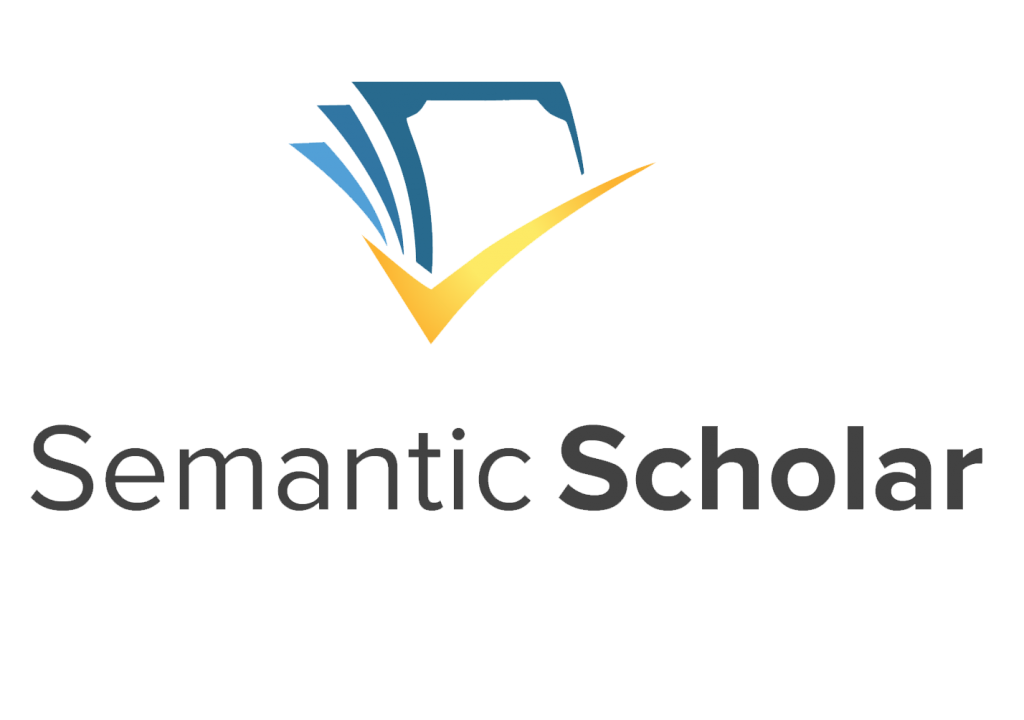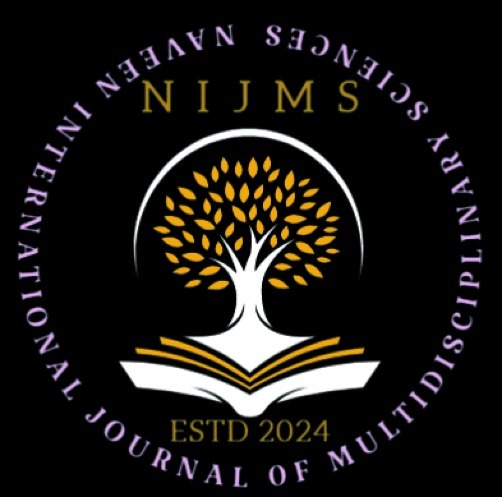Toward Transformative Science Pedagogy: Critical Insights from Government Schools of NCT of Delhi
##semicolon##
https://doi.org/10.71126/nijms.v2i1.82सार
Science education plays an important role to develop scientific temperament, critical thinking, and imagination among students. Within the Indian schooling system and particularly in Delhi’s government schools, science teaching carries the potential to empower children from disadvantaged backgrounds of non-critical thinking by enabling them to make sense of their everyday life and prepare them to participate more in society. This study examines the state of science education in government schools of NCT of Delhi, focusing on the conflict between traditional textbook-led teaching and the inquiry-based practices models promoted through recent initiatives. The analysis draws entirely on secondary sources such as government policy documents, reports and academic research. Reform measures like Mission Chunauti (2016), Mission Buniyaad, the expansion of ICT and digital classrooms and STEM-focused initiatives were all introduced with the aim to make science teaching more inquiry-driven. Recent policy frameworks strongly endorse Inquiry-Based Science Education (IBSE), which emphasises questioning, exploration and hands-on experiments. However, the reality in most classrooms still reflects conventional practice—rote memorisation, exam-driven teaching and heavily reliance on prescribed textbooks. These findings suggest that although IBSE is well represented in policy discourse and is visible in small pockets of practice. However, its wider adoption faces several barriers. These include inadequate preparation of teachers, insufficient infrastructural support, rigid curricular and assessment frameworks.
The paper concludes that bridging this gap between policy and classroom reality requires sustained attention to three areas:- Subject-specific professional development for teachers, flexible curricular design and investment in digital and science specific infrastructure. By taking these steps, classrooms of government school can shift away from rote memorization to real scientific learning that inspires curiosity and builds critical thinking in students.
Keywords; Educational reforms, Science education, National Education Policy (NEP 2020), inquiry-based learning, Government schools of NCT of Delhi.
##submission.downloads##
प्रकाशित
अंक
खंड
##submission.license##
##submission.copyrightStatement##
##submission.license.cc.by-nc4.footer##












